Free HRT is to be welcomed... but more to-do
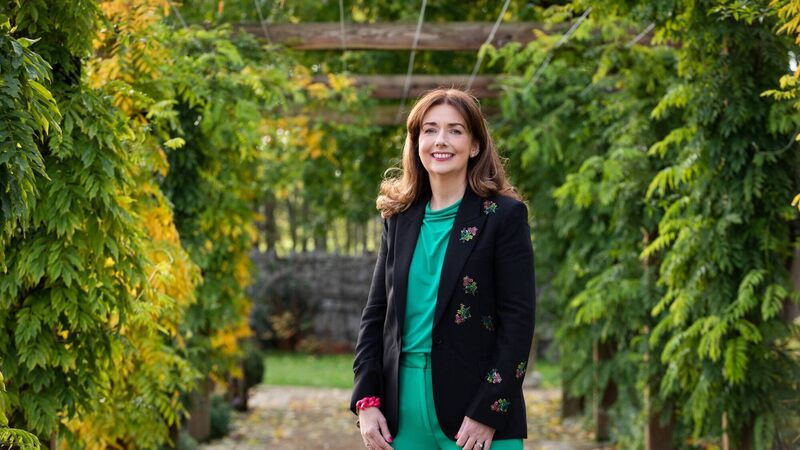
Menopause coach and author Catherine O’Keeffe.
The announcement of free Hormone Replacement Therapy from next January in the recent Budget has been welcomed by experts in the menopause field – however, the consensus is that funding should also be allocated for holistic treatments for women who don’t choose this option.
Fears have also been expressed that, because it will be free, more women may take it, expecting it to be a ‘silver bullet’ which is not always the case.
Catherine O’Keeffe, Ireland’s first menopause coach and founder of the upcoming Menopause Success Summit, was ‘relieved’ to hear of the government’s plans, but she called for greater supports for those who cannot or choose not to take HRT to relieve menopausal symptoms.
“Free HRT is a measure that was widely anticipated, but to get a firm commitment from Government is a real line in the sand and indicates genuine engagement with the issue of women’s healthcare in menopause,” she said.
I remain curious to see how the roll-out of free HRT will be operationalised, and if the scheme will be viable and workable.
"But I would also reiterate the need for solutions for women who cannot, or do not want to take HRT for menopausal symptoms.
“I’d like to see funding provided for complementary therapies in these situations, as well as resources to be put in place for further education around this,” she said.
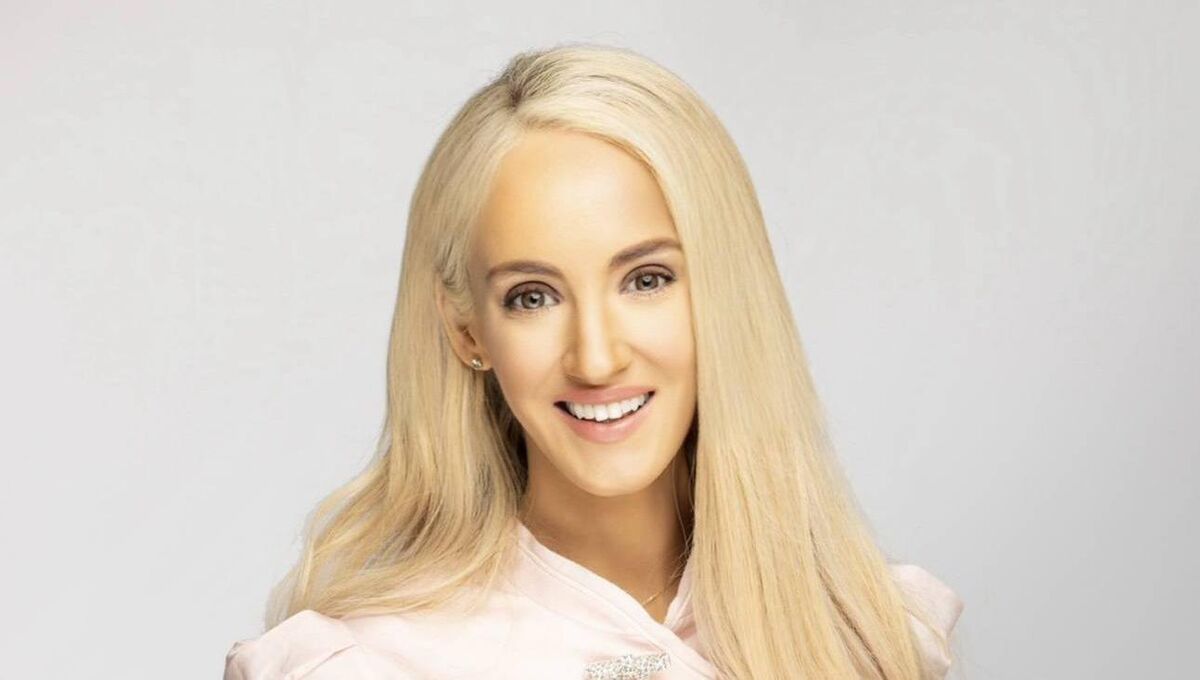
Cork-based Dr Doireann O’Leary pointed out that severe menopausal symptoms can result in a woman leaving the workplace. “So funding of HRT may help women to stay in the workplace and continue to contribute to the workforce.
All women will go through menopause. The symptoms, such as hot flashes, poor sleep, anxiety, brain fog, vaginal dryness and recurrent urinary tract infections have a huge impact on a woman’s health, her contribution to the workplace, her family life, relationships, physical and mental health.
“Hormone Replacement Therapy, whilst not a ‘silver bullet’, restores and maintains quality of life for women experiencing distressing symptoms. There’s some evidence that starting HRT early in the menopause transition can help to reduce risk of heart disease so this may reduce burden on health care costs long term as heart disease is the leading cause of morbidity and mortality in Irish women,” she said.
Cork’s Dr Fiona Barry, owner of a women’s health clinic in Bishopstown, said HRT was ‘a great step towards supporting women’s health.’ But she pointed out that it’s ‘not the be all and end all when it comes to helping with menopause.’
“Every woman that reaches a certain age will go through menopause, and we know that of those, over 85% will be affected negatively in some way by the fluctuations and eventual decline of their sex hormones.
“For some women, menopause severely impacts quality of life, resulting in perhaps the woman quitting her job, marital relationships breaking down, and the woman feeling like she’s losing her mind and going crazy. For these women, HRT can literally be a life-saver.
However, while HRT is a very important tool in helping women on their menopausal journey, it is not the only tool in the box.
"Education about perimenopause and menopause is vital, what it is and what to expect, and this education should begin at school, for both males and females, as men too are affected by menopause, albeit indirectly.
“It is a natural part of getting older and should be seen as such.
“With education comes the knowledge about how to help ourselves and a holistic approach is ultimately the best approach for menopause. I see this time and time again in my clinic.
“A healthy diet that is rich in whole foods, such as vegetables, fish and some whole grains, daily exercise, preferably weight bearing, combined with good sleep hygiene and taking time out to rest and recharge are phenomenally powerful in improving a woman’s menopausal journey.
These are the cornerstones of good health and so many of us don’t get the basics right or even know and understand the basics of good health.
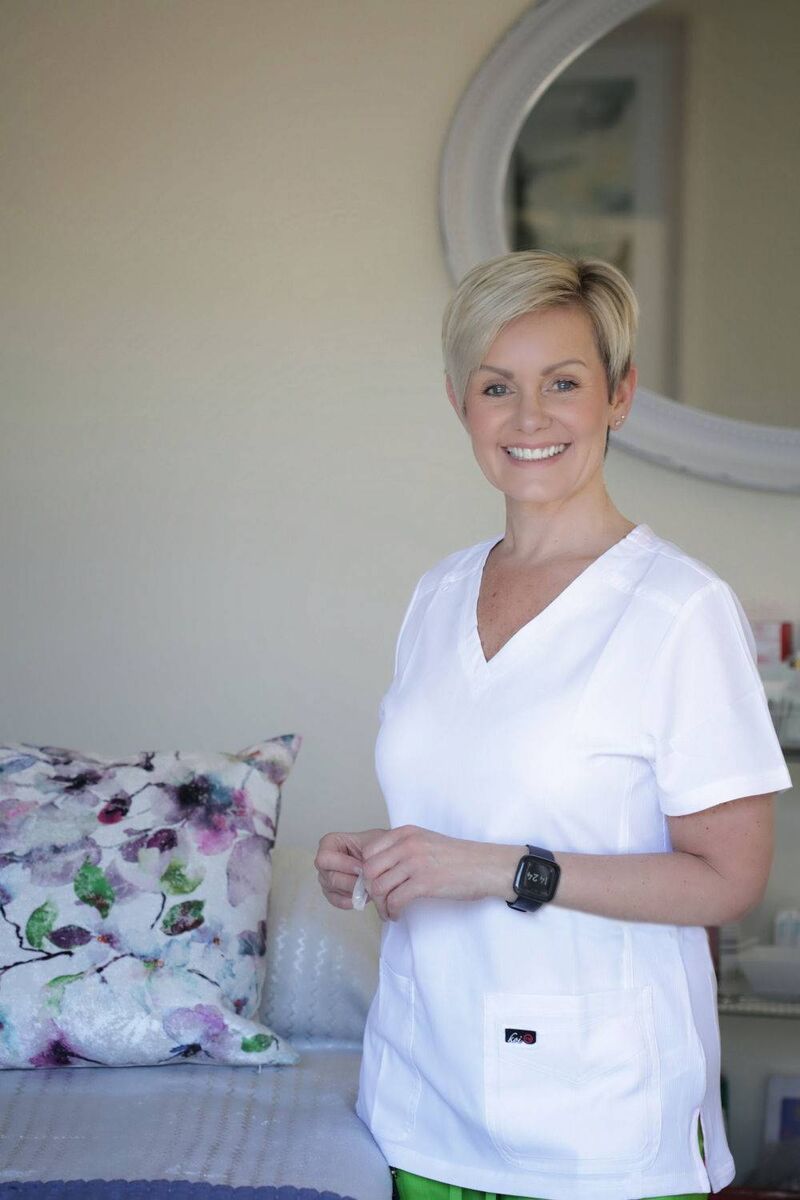
Free HRT for women that need it is wonderful, said Dr Barry.
“But some women can’t tolerate or take HRT, for a variety of reasons, what about these women? Will HRT potentially end up being over-prescribed because it’s free? Only time will tell. Will more women demand it, expecting it to fix everything and not look deeper into their own health or life choices? Again, only time will tell. But I think we can all guess the answer.
“So, while free HRT for menopausal women is a positive step in supporting women, I can’t help but think it’s a very blunt approach to a very nuanced issue. Therefore, I would love if steps were taken to fund educational programmes for women that want to educate themselves more about their health or to give financial support to women that want to invest in other holistic treatments and approaches to help them through this phase of their lives.”
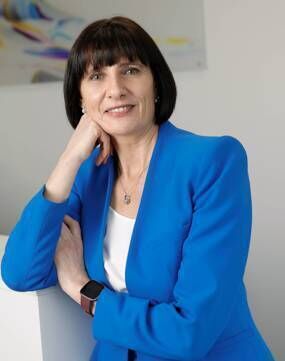
Founder of The Menopause Hub, which has a base in Ballincollig, Loretta Dignam said the announcement was “great news for the women of Ireland” and something she has been campaigning and advocating for over the past four years.
“Women have unfairly borne the economic burden of their hormones, Generations of women have had to buy their menstrual health products, contraception and then HRT from their disposable income, many of whom cannot afford it, leaving them suffering in silence.
“HRT costs €30-70 per month, so free HRT represents a substantial saving. Only recently, the final phase of the free contraception scheme was finally rolled out, so it is right that the government looks at supporting women at the peri/menopausal end of the spectrum,” she said.
However, she said she has read articles expressing a feeling that the pendulum has swung too far and that women are experiencing FOMO (fear of missing out) if they are not on HRT or are being criticised by others if they are not taking HRT’.
My view has always been that education, empathy and empowerment are key to helping women manage their menopause their way.
“It wasn’t long ago that menopause was taboo and that women were being regularly gaslit by medics, with women afraid to take HRT based on false reports. So the pendulum has to swing back so that we can reach equilibrium where menopause is mainstream.”
The 5th annual Menopause Success Summit is on October 19, at the Royal Marine Hotel in Dun Laoghaire, County Dublin. With Lorraine Keane and Dr Caoimhe Hartley among its line-up, the event aims to empower women to create a lifestyle balance during the years around menopause.The event brings women together as a community to help cope with menopausal symptoms.
At this year’s summit, Catherine O’Keeffe will deliver a talk on navigating the commonplace menopausal symptom of ‘brain fog’. The event will offer practical advice on HRT, movement, nutrition, weight management and other lifestyle topics for women with menopausal symptoms.
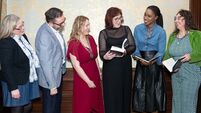


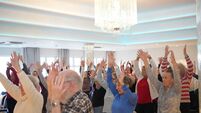



 App?
App?


